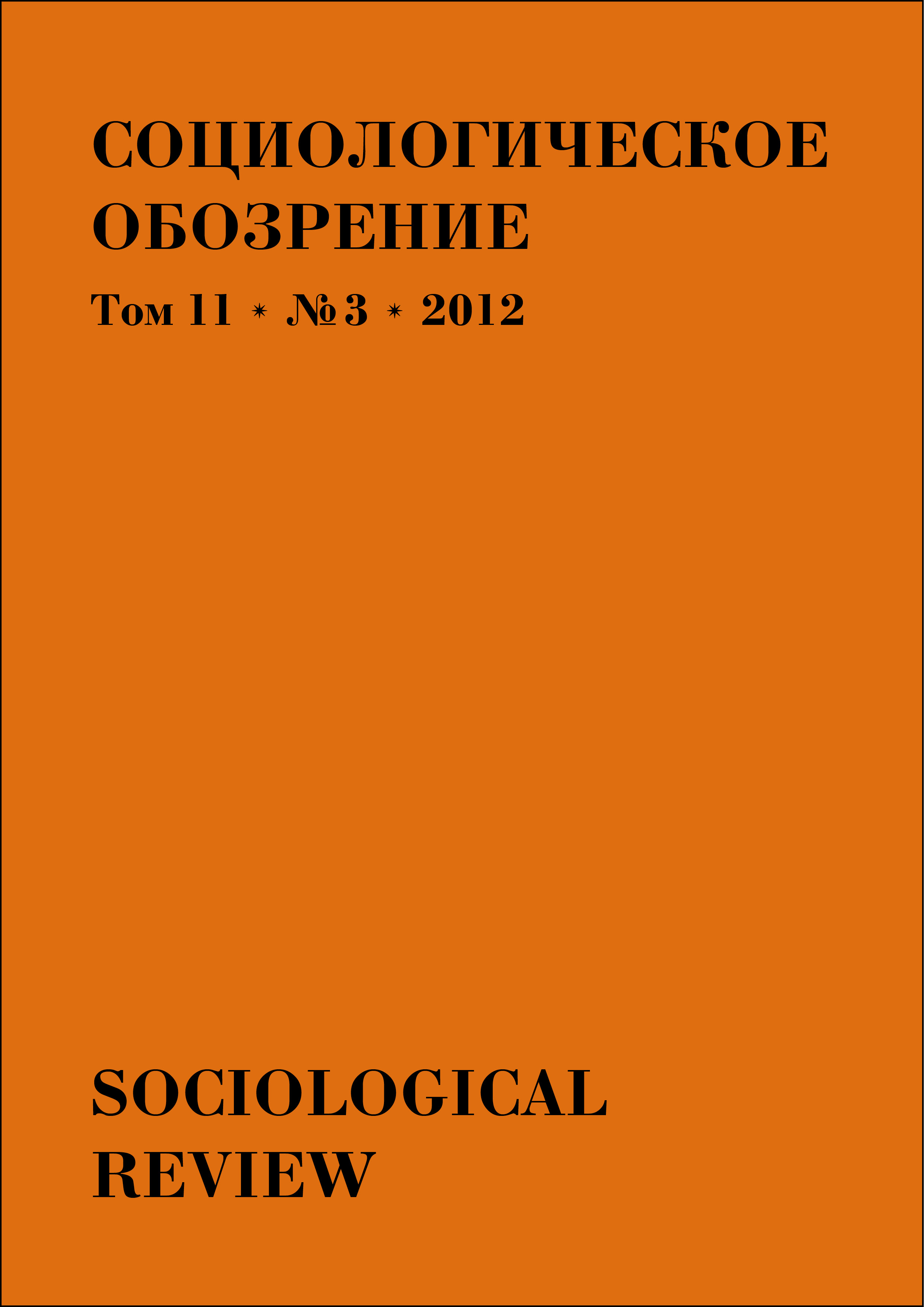Watergate as democratic ritual
Abstract
The paper promotes a cultural sociological analysis of one of the most significant and hard-to-explain events in American history when the initial act of breaking and entering into the Democratic Party headquarters at the Watergate Hotel first didn’t attract any substantial attention of contemporaries but later initiated a widespread political crisis. What is even more important, the wide national consensus was built as a result: deep cultural structures of American democracy, which had been implicit for the decades, came out on the surface of the public debates; the very event became major icon of political evil, widely recognizable and emotionally charged. That consensus removed the dissociation of the political and social life and partly harmonized conflicting groups of the public battles of the 1960s. Finally, it inspired several generations of Americans with belief in the advantages of contemporary democratic institutions, and seriously challenged Marxism as the major political authority of young American intellectuals. The very ability of a single event to process such extensive consequences in political mobilizing of various groups of people is one of the most important challenges for the contemporary social sciences. J. Alexander considers the dynamics, mechanisms and consequences of the event and its public resonance, building an explanatory model based on his cultural sociological theory. This model allows to reconstruct in detail the development and maintenance of the social consensus at the different levels of cultural structures and to explain its connection to the main elements of social and political context, public rituals and performances.




